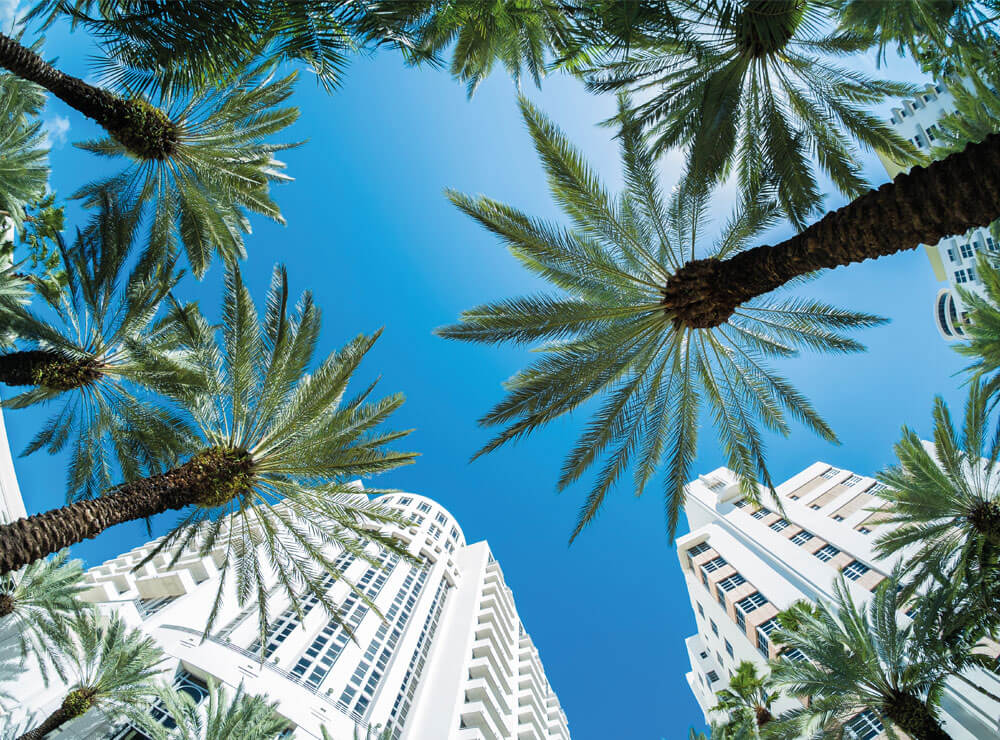
Climate Change – Will it Impact on Real Estate Investment Decisions?
18.09.17If Florida gleaned anything from Hurricane Andrew, the intensely powerful storm that tore a deadly trail of destruction across Miami-Dade County almost exactly 25 years to the day that Hurricane Harvey steamed into the Texas coastline, it was that living in areas exposed to the wrath of Mother Nature can come at a substantial cost.
At the time the most expensive natural disaster ever to hit the US, Andrew caused an estimated $15bn in insured losses in the state and changed the way insurance companies assessed their exposure to risk for weather-related events.
Many of the lessons that Florida has learned since 1992 have parallels in the unfolding disaster in Texas, experts say, and what was already a trend toward factoring in environmental threats and climate change to land and property values looks certain to become the standard nationwide as Houston begins to mop up from the misery of Harvey.
The bigger picture question however, is whether people are going to be basing their real estate decisions on climate change futures.
In any coastal area there’s extra value in property, [but] climate change, insofar as it increases risks for those properties from any specific set of hazards – like flooding and storm surge – will decrease value.
Miami Beach in particular has become a poster child for the effects of climate change with some studies making grim predictions about sea level rises.
To counter those effects and preserve property values, Miami Beach has embarked on an ambitious and costly defensive programme that includes raising roads and installing powerful new pumps to shift the ever more regular floodwaters.
Even so, there are indications that investors including second-home buyers from overseas are already looking to higher ground elsewhere in the city. Such concerns have fuelled demand for data-driven analysis and climate aggregation services that offer real estate advice to clients ranging from large corporations, to individual house buyers. Real estate investment may no longer be just about the next hot neighbourhood, it may also now be about the next dry neighbourhood.
Abode Affiliates
COPYRIGHT © Abode2 2012-2025






















































































































































































































